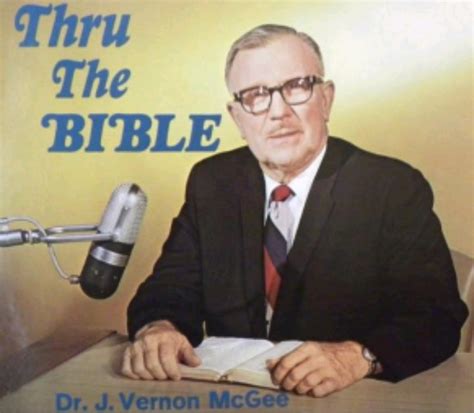A Quote by Dietrich Bonhoeffer
It is grace, nothing but grace, that we are allowed to live in community with Christian brethren.
Related Quotes
It is grace at the beginning, and grace at the end. So that when you and I come to lie upon our death beds, the one thing that should comfort and help and strengthen us there is the thing that helped us in the beginning. Not what we have been, not what we have done, but the Grace of God in Jesus Christ our Lord. The Christian life starts with grace, it must continue with grace, it ends with grace. Grace wondrous grace. By the grace of God I am what I am. Yet not I, but the Grace of God which was with me.
Cheap grace is the idea that "grace" did it all for me so I do not need to change my lifestyle. The believer who accepts the idea of "cheap grace" thinks he can continue to live like the rest of the world. Instead of following Christ in a radical way, the Christian lost in cheap grace thinks he can simply enjoy the consolations of his grace.
What I try to do is narrow the sermon series down to one big question. In this case the question is: What happens when grace happens? I knew I wanted to preach about grace. I just felt as if it was time for our church to be refreshed and see the beauty of God's grace - the uniqueness of the Christian grace as compared to the teachings of other world religions on forgiveness.
Cheap grace is the grace we bestow on ourselves. Cheap grace is the preaching of forgiveness without requiring repentance, baptism without church discipline, Communion without confession.... Cheap grace is grace without discipleship, grace without the cross, grace without Jesus Christ, living and incarnate.
I find that many Christians are in trouble about the future; they think they will not have grace enough to die by. It is much more important that we should have grace enough to live by. It seems to me that death is of very little importance in the meantime. When the dying hour comes, there will be dying grace; but you do not require dying grace to live by.
We live in a church culture that has a dangerous tendency to disconnect the grace of God from the glory of God. Our hearts resonate with the idea of enjoying God's grace. We bask in sermons, conferences, and books that exalt a grace centering on us. And while the wonder of grace is worthy of our attention, if that grace is disconnected from its purpose, the sad result is a self-centered Christianity that bypasses the heart of God.
When I hear Christians say, "I don't do this, and I don't do that, and I am following a set of rules," I immediately recognize that they know very little about the grace of God. They are trying to live the Christian life in their own strength. But Paul says, "Be strong in the grace that is in Christ Jesus."
Grace stands in direct opposition to any supposed worthiness on our part. To say it another way: Grace and works are mutually exclusive. As Paul said in Romans 11:6, "And if by grace, then it is no longer by works; if it were, grace would no longer be grace." Our relationship with God is based on either works or grace. There is never a works-plus-grace relationship with Him.
Christians do not practically remember that while we are saved by grace, altogether by grace, so that in the matter of salvation works are altogether excluded; yet that so far as the rewards of grace are concerned, in the world to come, there is an intimate connection between the life of the Christian here and the enjoyment and the glory in the day of Christ's appearing.
Many years ago I was driven to the conclusion that the two major causes of most emotional problems among evangelical Christians are these: the failure to understand, receive, and live into God's unconditional grace and forgiveness; and the failure to give out that unconditional love, forgiveness, and grace to other peopleWe read, we hear, we believe a good theology of grace. But that's not the way we live. The good news of the Gospel of grace has not penetrated the level of our emotions.
The Kingdom of grace is nothing but.... the beginning of the Kingdom of glory; the Kingdom of grace is glory in the seed, and the Kingdom of glory is grace in the flower; the Kingdom ofgrace is glory in the daybreak, and the Kingdom of glory is grace in the full meridian; the Kingdom of grace is glory militant, and the Kingdom of glory is grace triumphant.... the Kingdom ofgrace leads to the Kingdom of glory.
When the rhythms of our body-mind are in synch with nature's rhythms, when we are living in harmony with life, we are living in the state of grace. To live in grace is to experience that state of consciousness where things flow effortlessly and our desires are easily fulfilled. Grace is magical, synchronistic, coincidental, joyful. It's that good-luck factor. But to live in grace we have to allow nature's intelligence to flow through us without interfering.




































